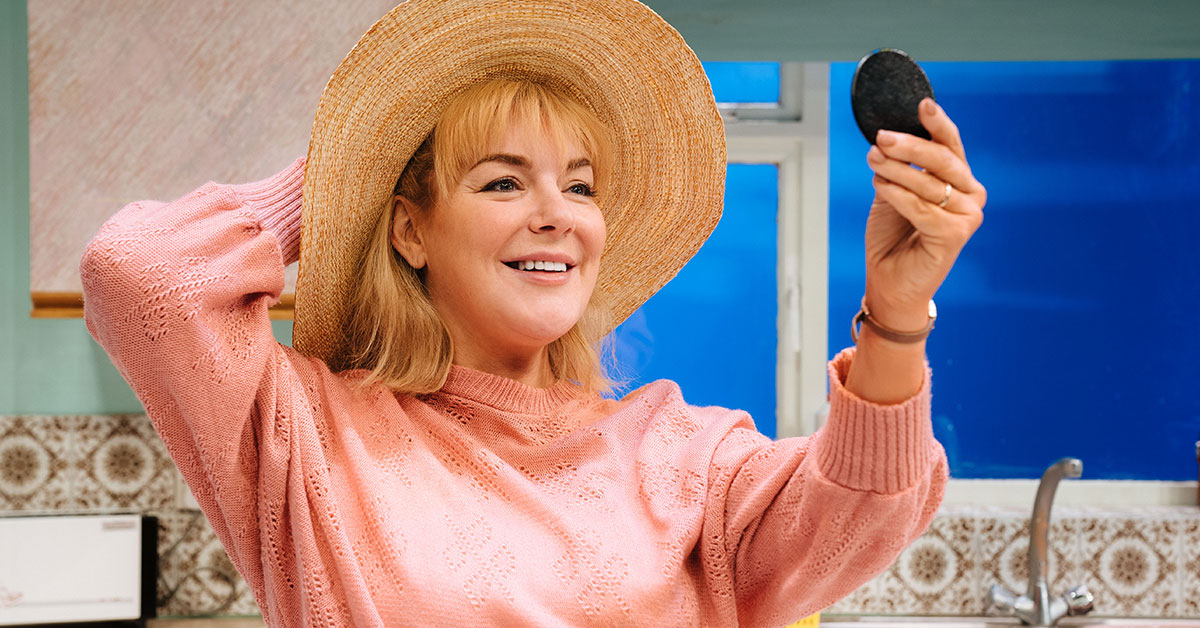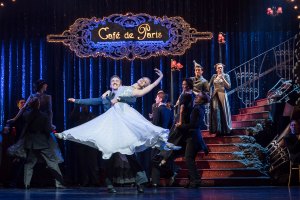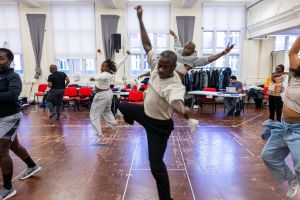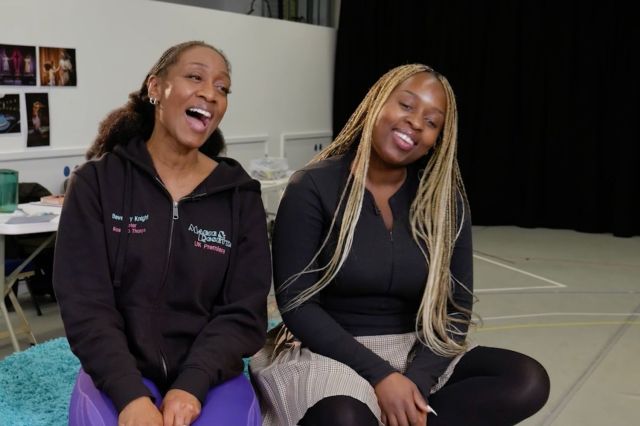Shirley Valentine review – Sheridan Smith’s glorious return to the West End
The show runs at the Duke of York’s Theatre

Between 1980 and 1986, the Liverpudlian playwright Willy Russell hit an astonishing hot streak. He wrote three works – Educating Rita, the musical Blood Brothers, and the monologue Shirley Valentine – that all put powerful, interesting women at their heart, and which all went on to find international success on stage and later on screen.
Despite being written more than 30 years ago, they all pluck the heart of something, which means that time hasn’t withered their power to pack an entertaining punch. Shirley Valentine, which returns to the stage as a vehicle for Sheridan Smith, is a case in point. By rights this piece about a bored Liverpool housewife who thinks her life is over at the age of 42, and finds meaning and purpose on a holiday to Greece, should feel dated.
After all, 60 is the new 40, and although many women find their existence constricted and stifled by unthinking and unkind men, and by a sense that they are full of “unused life”, not so many would see a fortnight on a Greek island as a solution to all their woes. And there is something slightly arch and annoying about a woman who tells her woes to the wall.
Yet there’s a truth at the heart of Shirley Valentine that makes it undeniably affecting, and it’s well served in Matthew Dunster’s production which initially places our heroine in Paul Wills’ neat as a pin kitchen, with mint green walls that match Shirley’s own unflattering trousers and faded pinafore. With Lucy Carter’s lighting design working wonders, that domestic setting gives way to the warm light and open space of a Greek beach as her voyage of discovery unfolds.
Smith is just wonderful as she recounts the opening of her own mind. As an actress she has always had a lovely ability to bond with an audience, and here she takes them into her confidence like a well-practised stand-up, building ties of complicity with well-judged pauses and little sideways darts of her sparkling eyes. On the night I went, one woman laughed so loudly and with such meaning after Shirley’s observation that men’s behaviour always changes after their “first horizontal” encounter, that it held up the show with its sense of togetherness.
Russell’s writing is full of shrewd observations about relationships. His ideas that “marriage is like the Middle East….there’s no solution” or that sex is “like Sainsbury’s..overrated. Just a lot of pushing and shoving and you still come out with very little at the end” are sharply funny. But he goes deeper than his one liners, painting a portrait of a woman who has been starved of affection and is left with an overriding feeling of waste.
It’s this quality that Smith mines so beautifully. There’s wistfulness about her, as well as courage. The play doesn’t suggest that a trip to Greece solves her problems, or that an encounter with a Greek lothario is the answer to her lonely prayers. It is herself she finds, not a lover, and it’s that which makes Shirley Valentine such a feelgood evening in a theatre. It is comic and hopeful and, in Smith’s gloriously vulnerable hands, sure to be a hit all over again.












